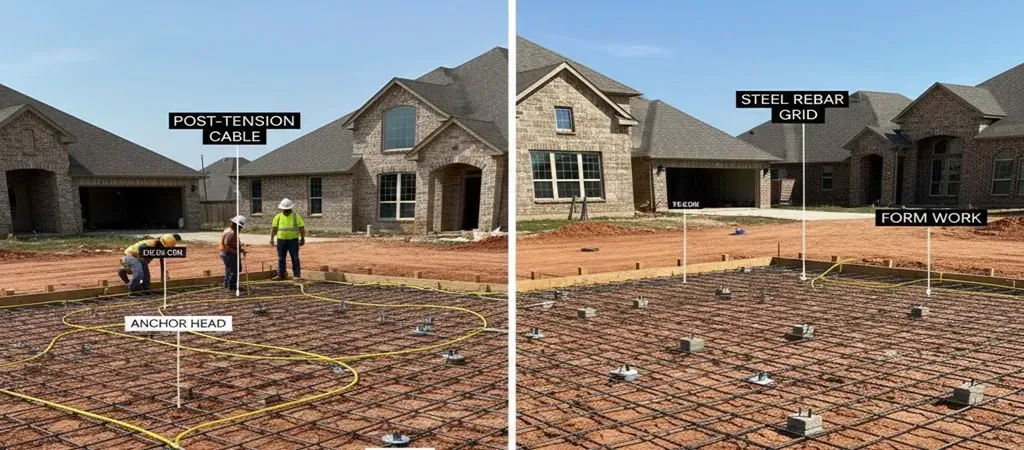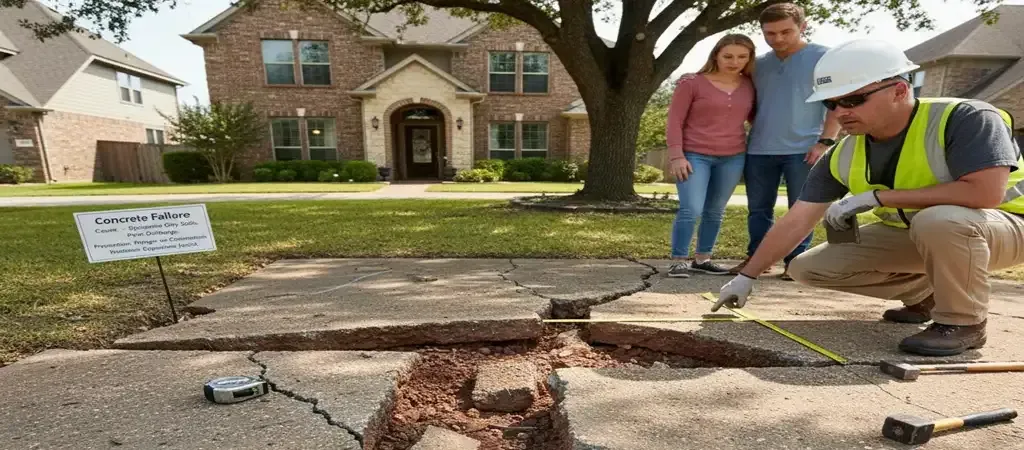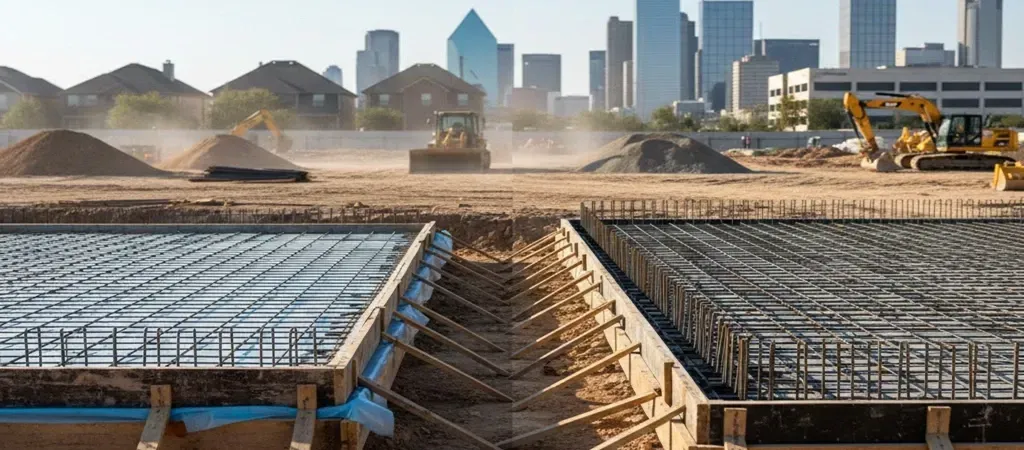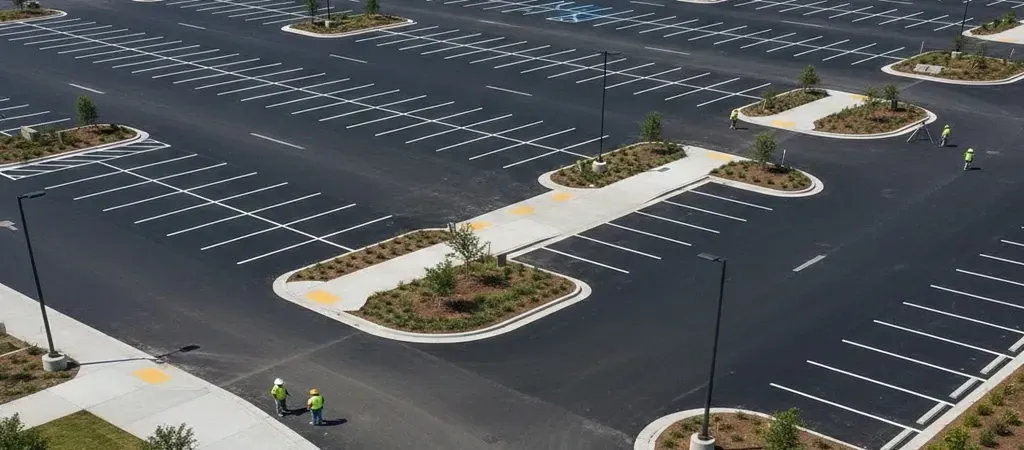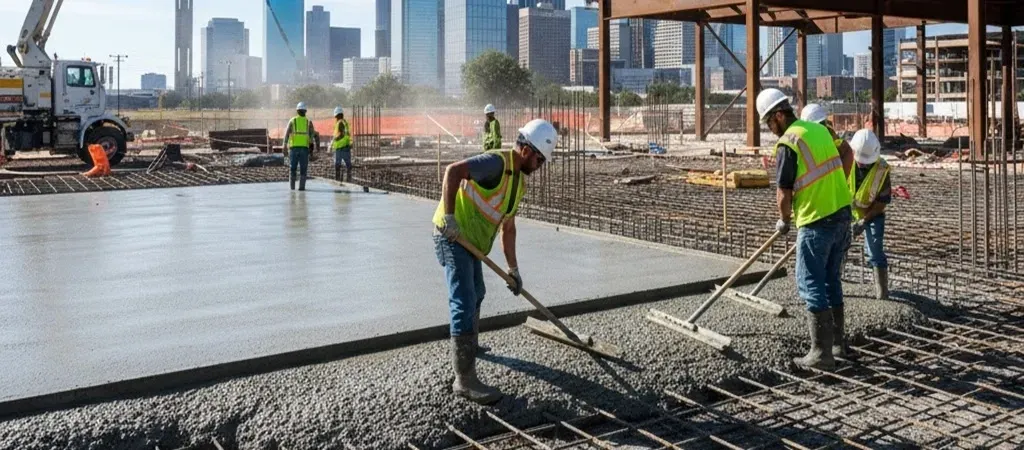How to Know If You Should Repair or Replace Your Concrete
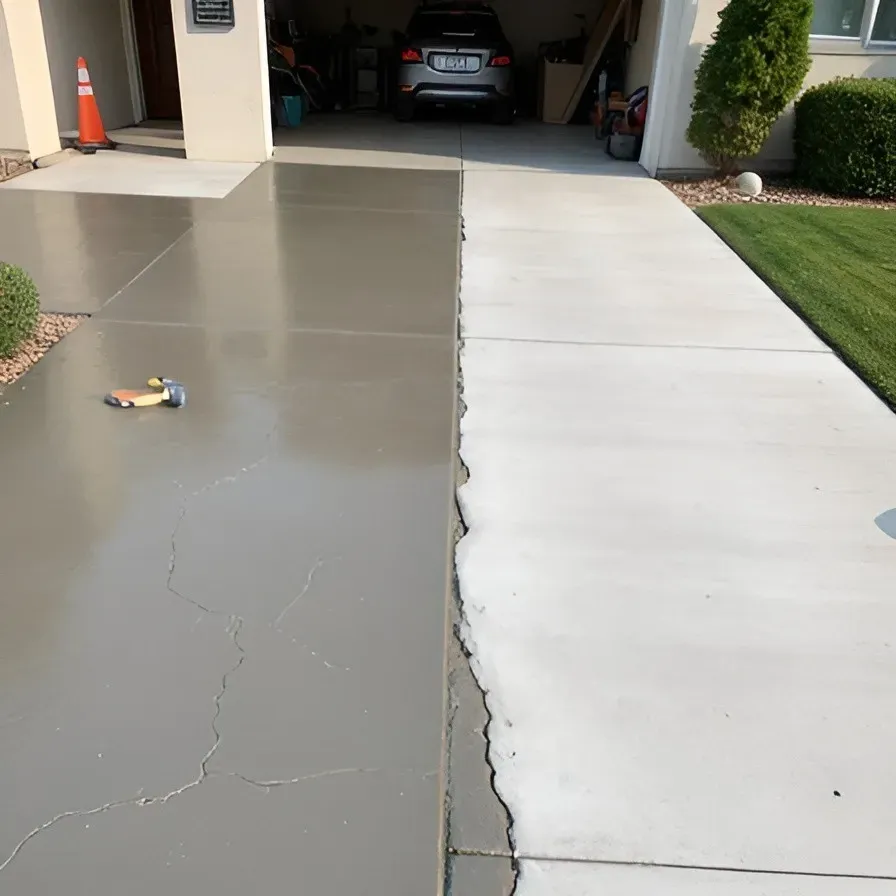
It's either fix or replace your cracked and unattractive concrete, depending on where it is on your home's exterior. Many people prefer to fix it since it's the less expensive alternative, but is that always the best choice? Before you make a final decision, you might want to ask yourself a few easy questions. To assist you in deciding whether or not to repair or replace the concrete, here are some questions you should ask yourself.
How Old Is The Concrete In Your Home Or Business?
Consider the concrete's age while considering whether to repair or replace it. According to Angie's List, the life expectancy of a concrete driveway is 25 years, so if you have a driveway that is more than 25 years old, it's probably not worth trying to repair any cracks in it. Even if you can get away with minor repairs, an old concrete floor will eventually need to be replaced. Keeping this in mind, don't waste your time and money trying to fix it when it has to be replaced. In the same way, concrete floors in garages and basements are also susceptible to water damage.
When Is It Time To Repair or Replace Concrete Floors?
Concrete resurfacing is an affordable option if obvious cracks exist. Concrete floors more diminutive than a few years ago may show small fissures in the substrate. Heavy foot traffic or machinery wear and tear are the most prevalent causes. Even if these fissures are detected early enough, they are not a cause for alarm. That is because a resinous flooring expert can mend fractures in your concrete floor.
It's a sign that your concrete floor is beginning to peel away in large areas. Over time, your concrete substrate may begin to peel or delaminate, as was previously mentioned. You can quickly fix these blemishes as long as they aren't too large.
Without Action, It May Turn Into A Major Issue
It's time to get a new epoxy flooring system if the old ones on your floor are peeling. A resinous flooring professional can determine if you need to replace the floor in concern or not after inspecting yours.
Ultimately, if the peeling region has become too large, it is best to replace the entire floor for the sake of your workers' safety and the long-term quality of your floor covering system. That will also be the cheapest option.

Concrete Resurfacing
Concrete resurfacing is an option when the number of cracks on a surface becomes unmanageable. Suppose it's been a time since you laid your floor. However, significant holes should be treated as soon as possible, as they will only get worse and more expensive in the long run.
Changes in concrete floor color or style the most typical reason for replacing your flooring system is to change your concrete floor's color or style. You can add colors and styles to the substrate to create a wide range of designs for concrete floors.
With the assistance of an epoxy flooring professional, replacing the system is simple and may reduce downtime by working with your facilities manager. In many cases, you can install a new floor in days.
What's The Extent Of The Damage?
A problem with the subsoil beneath your concrete driveway or floor could be to blame. Your concrete repair efforts will likely be in vain if the
foundation beneath it isn't sturdy enough. Remove the old surface, fix the underlying problem, and pour a new one. In contrast, if your concrete has minor surface fractures that you may quickly repair, you may not need to replace the entire surface. You can monitor your concrete to see if any problems arise after making essential repairs.
